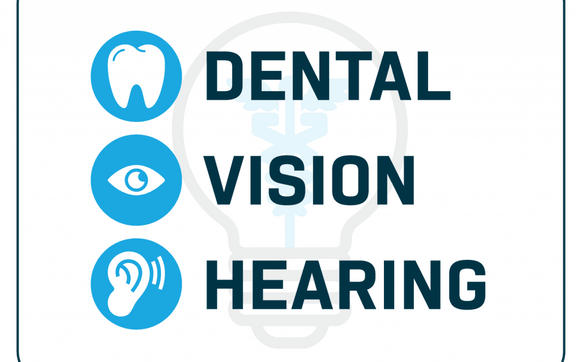Access to dental, vision, and hearing care is crucial for maintaining overall health and well-being. However, for individuals on a very low budget, affording insurance plans for these essential services can be challenging. In this blog post, we will explore some practical tips and strategies to help you afford a dental, vision, and hearing insurance plan on a tight budget.
- Research and Compare: Start by researching different insurance providers and plans available in your area. Compare their coverage options, premiums, and deductibles. Look for plans specifically designed for individuals on a low budget, as they may offer more affordable options.
- Seek Nonprofit and Community Resources: Many nonprofit organizations and community clinics offer discounted or free dental, vision, and hearing services. Reach out to these organizations to inquire about their programs and eligibility criteria. They may also provide information on low-cost insurance plans or financial assistance programs.
- Consider Government Assistance Programs: Check if you qualify for government assistance programs such as Medicaid or the Children's Health Insurance Program (CHIP). These programs provide coverage for dental, vision, and hearing services for eligible individuals and families with low incomes.
- Opt for Basic Coverage: If you have a limited budget, consider opting for basic coverage that includes essential services. While comprehensive plans may offer more extensive coverage, they can also be more expensive. Focus on obtaining coverage for preventive care, regular check-ups, and basic treatments.
- Utilize Flexible Spending Accounts (FSAs) or Health Savings Accounts (HSAs): If your employer offers FSAs or HSAs, take advantage of these accounts to save money for dental, vision, and hearing expenses. Contributions to these accounts are made pre-tax, reducing your overall tax liability and making healthcare expenses more affordable.
- Negotiate Payment Plans: If you require extensive dental, vision, or hearing treatments, discuss payment plans with your healthcare provider. Many providers are willing to work out affordable payment arrangements based on your budget.
- Prioritize Preventive Care: Investing in preventive care can help you avoid costly treatments in the future. Regular dental cleanings, vision exams, and hearing screenings can help identify and address issues early on, potentially saving you money in the long run.
While affording dental, vision, and hearing insurance on a very low budget can be challenging, it is not impossible. By researching available options, seeking nonprofit and community resources, and utilizing government assistance programs, you can find affordable coverage. Prioritizing preventive care and exploring flexible payment options can also help make these essential services more accessible. Remember, taking care of your dental, vision, and hearing health is an investment in your overall well-being, and there are resources available to help you navigate the financial challenges.'


